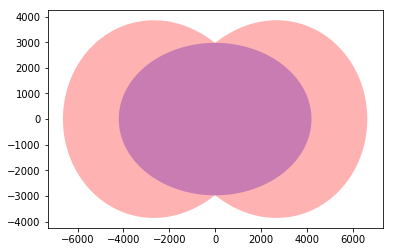Thanks to the European Space Agency
ESA Summer of Code in Space (SOCIS) is a program run by the European Space Agency that focuses on bringing student developers into open source software development for space applications. Students work with a mentoring organization on a 3 month programming project during their summer break.
Through SOCIS, accepted student applicants are paired with a mentor or mentors from the participating organizations and with experts from ESA (where available), thus gaining exposure to open source software development and insights from ESA. This year, SOCIS is generously funded by Phi Lab, the AI and Earth Observation arm of ESA.
We duly thank ESA for giving our budding organization an international exposure, a chance to make its name in the open source & general relativity community.
Our Selection in SOCIS
With great pleasure, we would like to convey that all five projects floated by us in SOCIS have been selected. It is really a matter of pride for a months-old organization. As a consequence, we have been able to attract a huge influx of new contributors, and managed to get into the limelight in the eyes of the GR community. As we speak, the EinsteinPy Project has 20 contributors, and 44 forks along with 72 stargazers. We faced various hurdles, discussing about the API design, sometimes messing up the structure of the module, and moving forward in the wrong direction, but at the end we were always able to rectify ourselves, and were able to see a clear picture, all because of the enthusiasm and love from the open source community. It is great to witness a dinner-table idea to have matured enough to garner worldwide interest.
 |
|---|
| Plot of the event-horizon and ergosphere of a maximally-rotating Kerr Black Hole made using functions in EinsteinPy |
These are the links to the selected projects:
- SOCIS Project Webpage : Projects #12 - #16
- EinsteinPy Project Wiki Page
- EinsteinPy SOCIS Application
Once again, we are really grateful to ESA for giving a headstart to our initiative.
How to Apply
We welcome all applicants irrespective of their origin, gender, experience or any other factor I failed to mention and would judge their application in a very fair way with a predefined criteria. For proposal submission guidelines, kindly refer to this message.
We highly encourage potential students to explore the codebase, related issues and get in touch with the respective mentor in the chat room. It would be an icing on the cake if one could contribute to the codebase in any way.
We express our gratitude the the open source community, for helping us remain passionate towards our initiative, and we look forward to apply for GSoC next year.
Gracias & Adiós. Hope to see open-source enthusiasts(you) in large numbers.